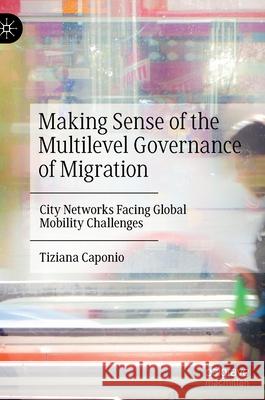Making Sense of the Multilevel Governance of Migration: City Networks Facing Global Mobility Challenges » książka
topmenu
Making Sense of the Multilevel Governance of Migration: City Networks Facing Global Mobility Challenges
ISBN-13: 9783030825508 / Angielski / Twarda / 2021 / 180 str.
Making Sense of the Multilevel Governance of Migration: City Networks Facing Global Mobility Challenges
ISBN-13: 9783030825508 / Angielski / Twarda / 2021 / 180 str.
cena 443,82
(netto: 422,69 VAT: 5%)
Najniższa cena z 30 dni: 424,07
(netto: 422,69 VAT: 5%)
Najniższa cena z 30 dni: 424,07
Termin realizacji zamówienia:
ok. 22 dni roboczych
Bez gwarancji dostawy przed świętami
ok. 22 dni roboczych
Bez gwarancji dostawy przed świętami
Darmowa dostawa!
Kategorie BISAC:
Wydawca:
Palgrave MacMillan
Język:
Angielski
ISBN-13:
9783030825508
Rok wydania:
2021
Wydanie:
2022
Ilość stron:
180
Waga:
0.46 kg
Wymiary:
21.01 x 14.81 x 1.75
Oprawa:
Twarda
Wolumenów:
01
Dodatkowe informacje:
Wydanie ilustrowane











